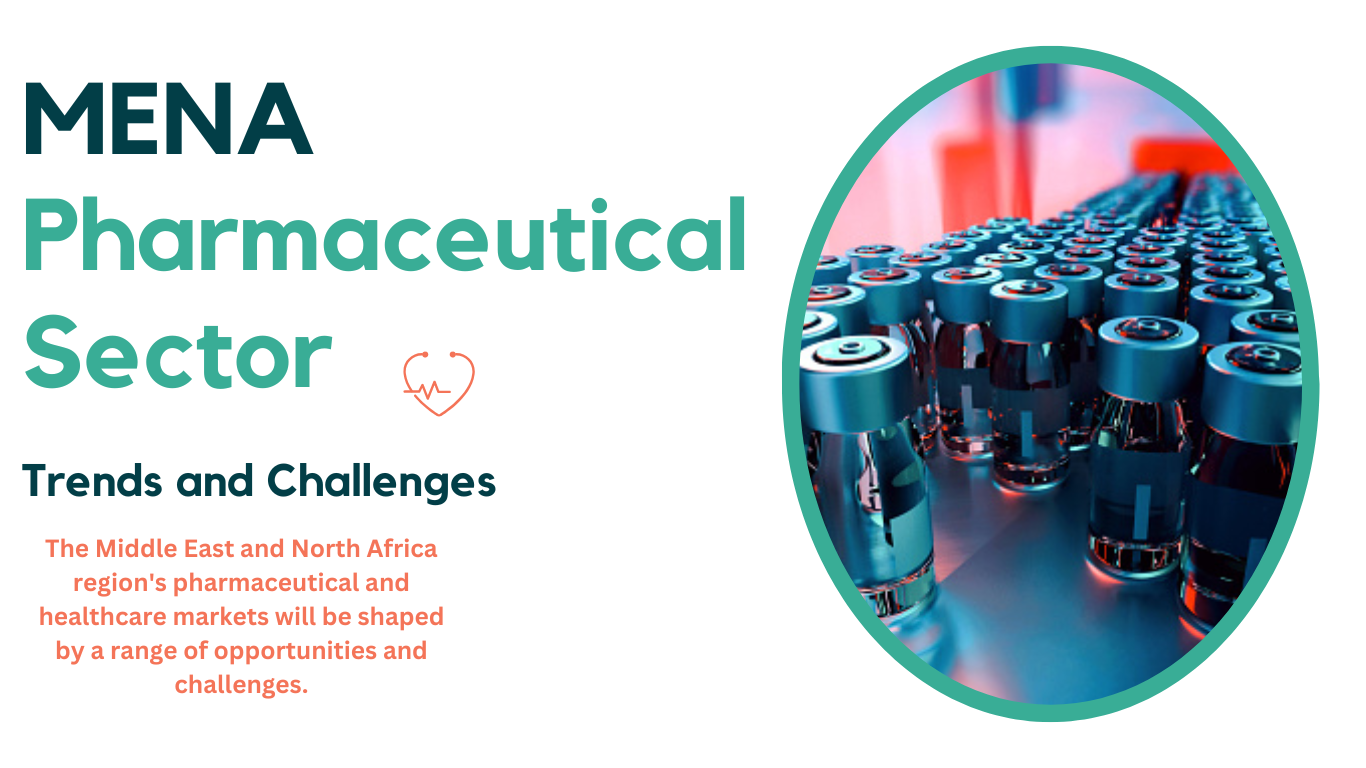Trends and Challenges Facing MENA Pharmaceutical Sector

The Middle East and North Africa region's pharmaceutical and healthcare markets will be shaped by a range of opportunities and challenges. Challenges will intensify, however, and while discrepancies exist at the country-level, growth is expected to be muted as the impact of a slow recovery within the oil sector will continue to impact pharmaceutical spending.
Experts warn, however, that for the region to reach its full potential, a number of changes and challenges need to be overcome. Whilst manufacturing standards are now reaching cGMP, they are often not yet ready for EU or FDA approval. Additionally, the view is that some of the newer technologies are not available regionally, with a knock-on effect of reducing local sector experience.
As a result, with the economies’ gentrifying, consumer products will grow and antibiotics, cardiovascular and GI generics will remain the biggest products classes.
The data collected from different resources about the main challenges and trends in the MENA region for the Pharmaceutical industry are as follows
Challenges in the Pharma Industry:
- Pharmaceutical regulations and guidelines are stricter and more numerous in Saudi Arabia and other Middle Eastern countries than almost anywhere else in the World
- Keeping up With the Legislations: Regulators are introducing wider and more numerous regulatory changes in order to protect the public and the industry’s long-term security.
- Regulatory compliance: Regulatory compliance is made harder by the nature of pharma companies’ data, leading to missed details, deadlines, and processes.
- Disconnect between regulators and international bodies: Development of new regulations often occurs in isolation without international pharmaceutical companies developing sufficiently deep connections with regulators of their target audience’s host country
- Unified pricing system: The unified pricing system for pharmaceuticals, adopted by all GCC states prohibits both global and domestic companies from increasing prices for pharmaceutical products.
- Multinational pharmaceutical companies cite lengthy drug approval times, flimsy intellectual property protection and opaque government tender processes as some of the key regulatory challenges of working in the region.
- Most Middle Eastern pharmaceutical legislation details are not accessible to the public, and legislation that is available is only available in the local language, making comprehension difficult for MNCs.
Trends in the Pharma Industry:
- Rollout of compulsory health insurance schemes
- Generic substitution and medical tourism are expected to continue shaping the pharmaceutical market
- Better IP protection regulations are being refined across the Middle East in order to comply with Trade Related Aspects of the Intellectual Property Rights (TRIPS) agreement of 2012.
- New drug application waiting times are being reduced to encourage more international pharma involvement.
- The Saudi Arabian Government decision of 100% ownership trading licenses to global firms. In mid-2016, Pfizer was the first pharmaceutical company to win a license
- Strengthened Pharmacovigilance (PV) systems and initiatives are emerging in GCC countries to allow for the more effective reporting and prevention of Adverse Drug Reactions (ADRs).
- The coming years will reportedly see more outsourcing, vaccine, biotech development and harmonization in region.
- Third party manufacturing is the preferred option for multinationals and SMEs looking to enter the market as many companies do not want to have established assets everywhere.
